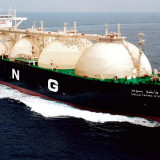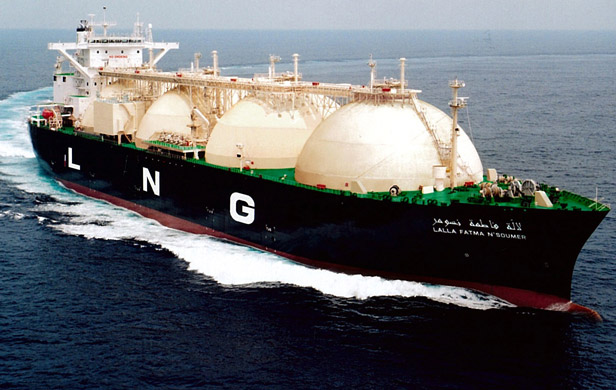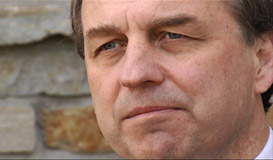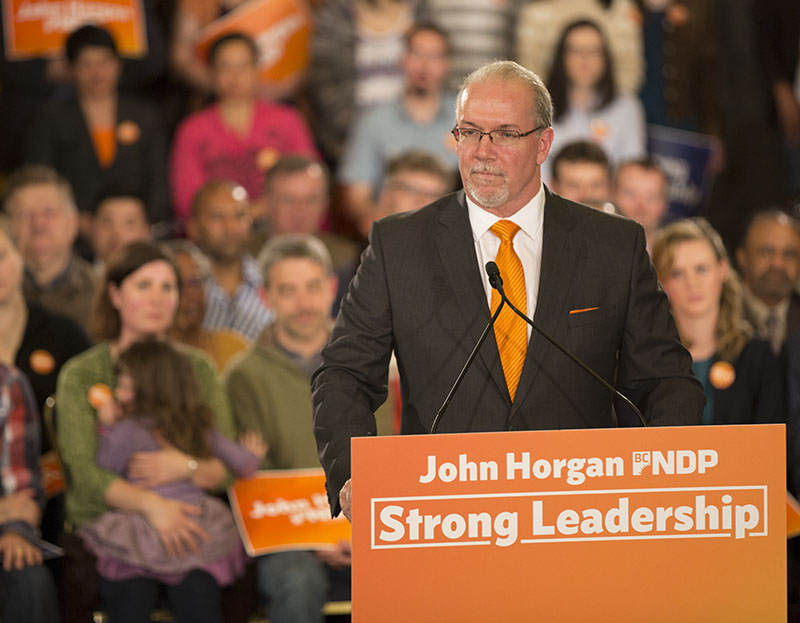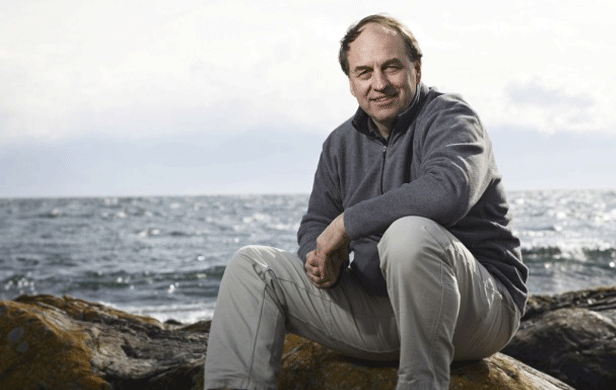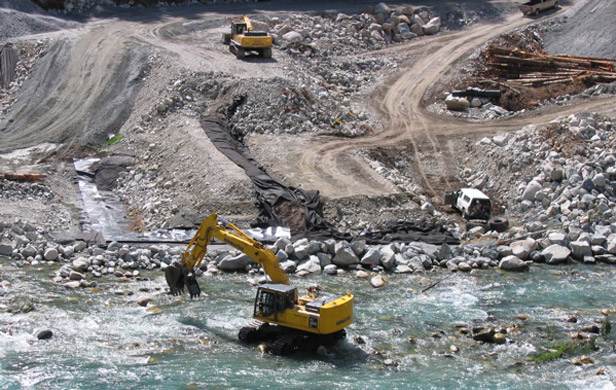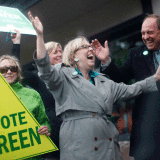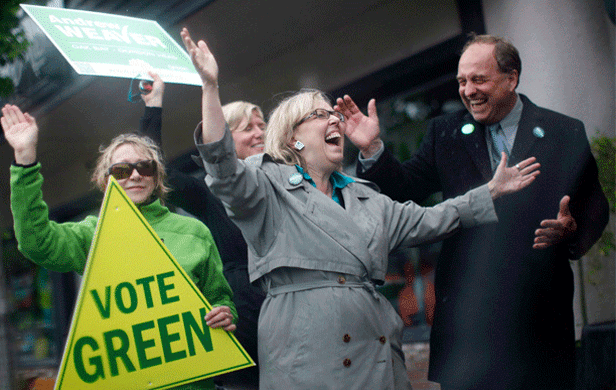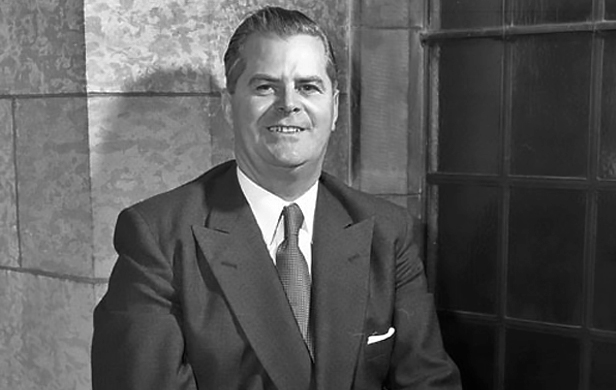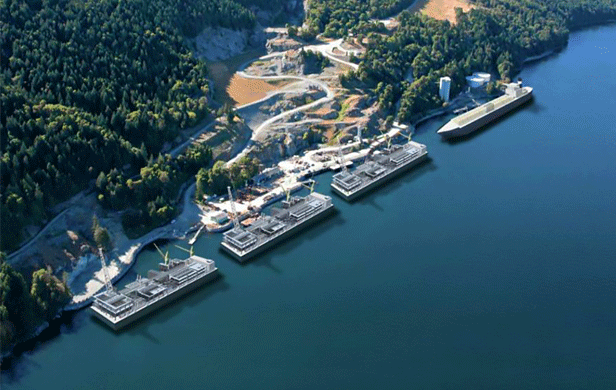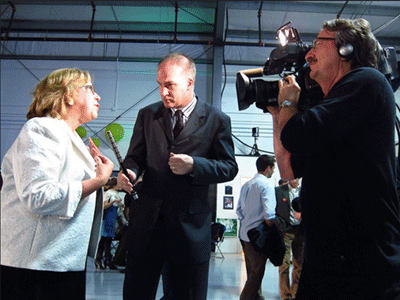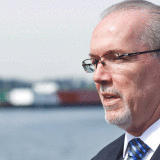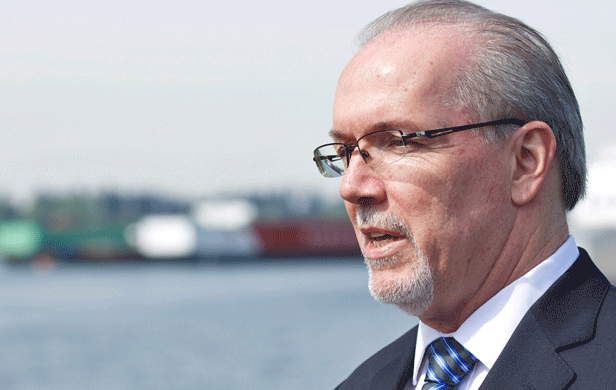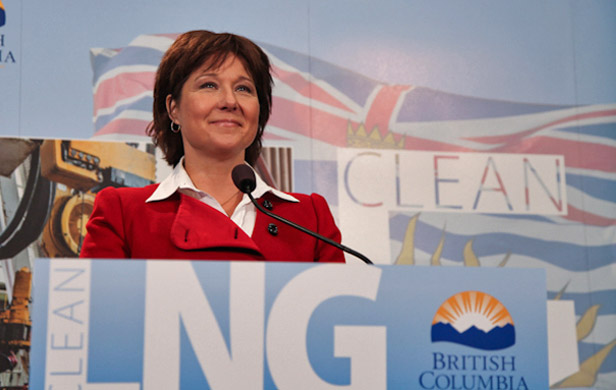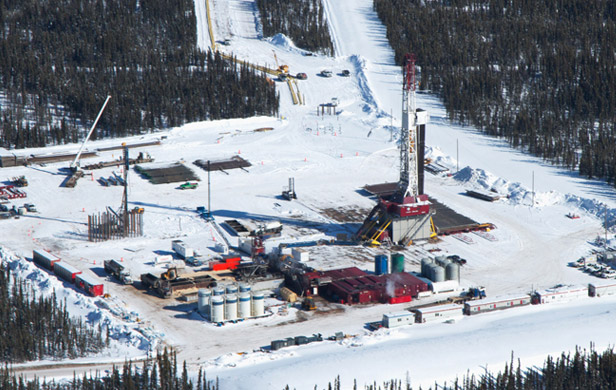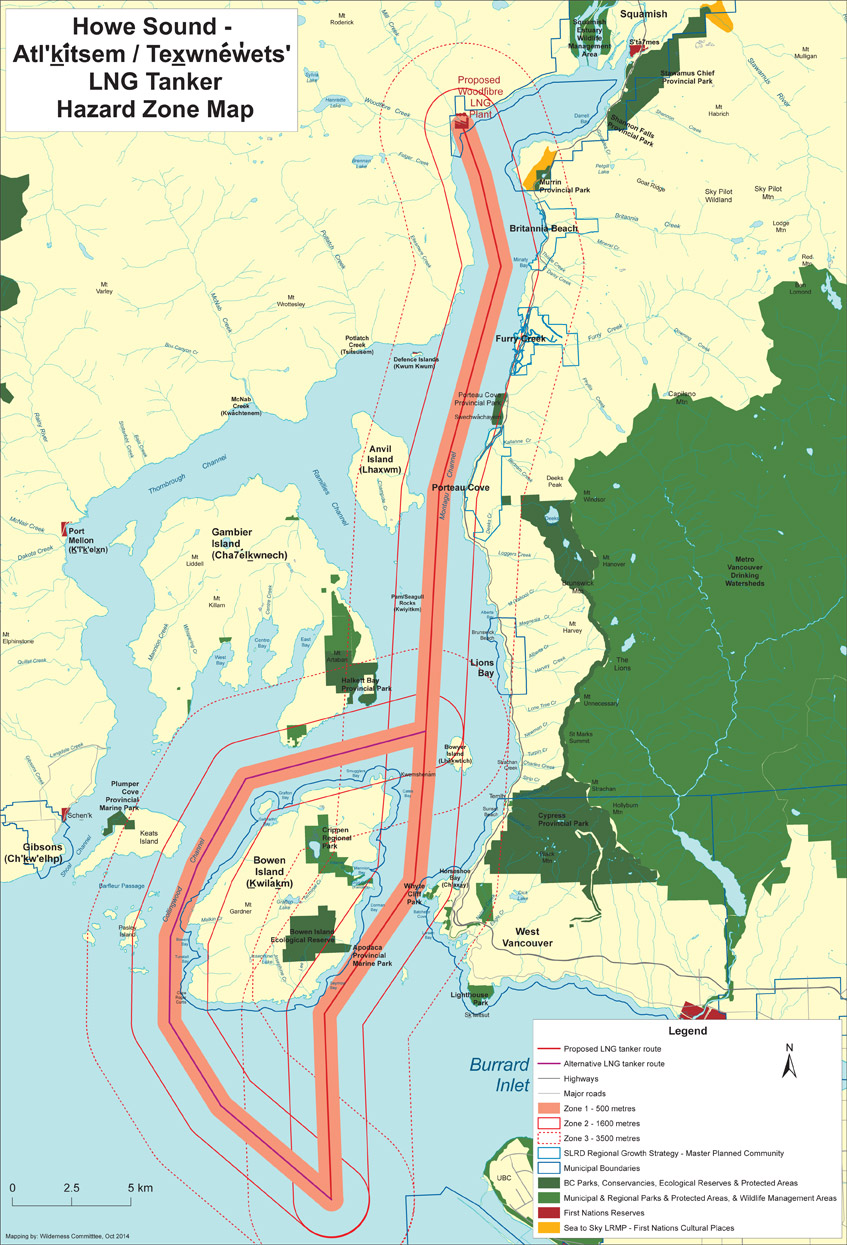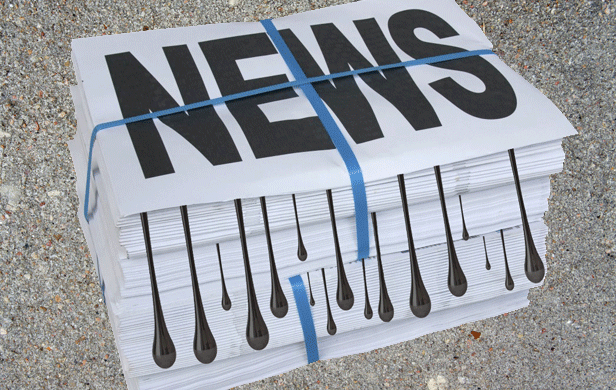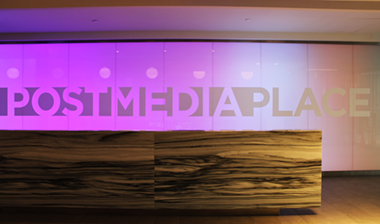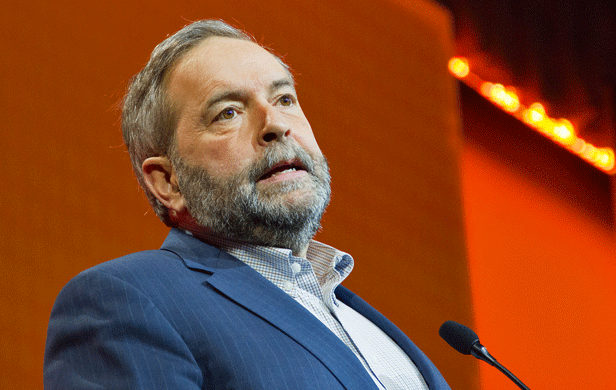
I’ve watched the NDP with considerable interest since it’s foundation in 1961 as an amalgamation of organized labour and other left-wing groups. I thought that it would form government within a decade because the Conservative Party would fold and go away, the Liberals would move to the right, leaving the NDP on the centre-left in position to win the big prize. Not for the first time, I was dead wrong. There were times, however, as after the Mulroney romp of 1984 and the Tory wipeout in 1993 that the time seemed right – but it was not to be.
Why?
It’s not that the NDP haven’t had influence – they have, especially during the Liberal minority of the 70s. The problem is that the NDP, like most political parties, has power as its raison d’être.
Why hasn’t that victory happened?
Nagged by that question, the NDP nationally is in a period of introspection, with a lame-duck leader, Tom Mulcair, for two years. What should they discuss? I have a couple of ideas.
A party of factions
Be warned that this analysis is most unprofessional and based on gut feeling rather than political science.
I’ve always doubted that the NDP ever became a “real” party even after their exhaustive amalgamation process in 1960, when the CCF joined labour to form the present party.
Every party has factions and the leader’s main job is to bring them together, especially at election time. The Liberals and Tories are much better at this than the NDP – perhaps because they are used to winning, know what it takes and, therefore, are far less likely to fall back on principles when votes are at stake. Not especially honourable but effective.
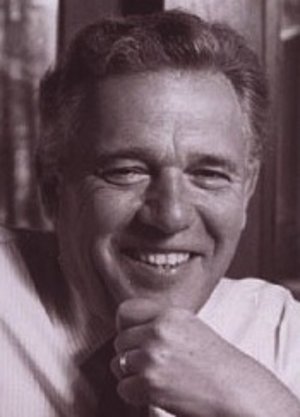
I had the great honour to be invited to Dave Barrett’s 80th birthday a few years ago and the large crowd was really interesting to behold. It wasn’t a matter of who was there but who wasn’t. At NDP conventions these divisions are more visible than that those of other parties.
I want to stress that this is not a criticism but simply an observation of priorities, the groups of people each party puts together.
In the NDP, I would argue that this inability to coalesce is because supporters are unwilling to abandon the notion that occupation counts as much as political allegiance as the criterion of loyalty. If I were leading the NDP, God forbid for both of us, I would concentrate on this problem so that at least at election time, the NDP would look like a political party, not a coalition of otherwise not terribly friendly tribes.
Lessons from Labour?
The temptation is to look at the UK and ask how it is that the Labour Party took power there 25 years after it was founded, yet 55 years after the NDP was founded and nearly 85 years after its predecessor was started, that party is a perennial distant also ran.
But comparisons are odious. In the UK, Labour came to power as part of the self-destruction of the Liberal party that started in World War I, when Lloyd George usurped the premiership from Asquith. The first Labour government, under Ramsay Macdonald, in 1924, a minority, lasted but nine months. Macdonald returned to power—this time as the largest party—in 1929 but was quickly overwhelmed by the Great Depression, which badly split the inexperienced Labour cabinet trying to find solutions. In 1931, Macdonald formed a National Government in which only two of his Labour colleagues agreed to serve, the majority being Conservative MPs. It was dissolved in 1935.
In 1945, Clement Attlee became the first Labour leader to have a majority but lost it in 1950. A fair assessment would be that the first Labour leader to be a legitimate contender, election after election (the Liberals now a spent force), was Harold Wilson in 1964.
Still, the party has been subject to splits, the most important being the Liberal Democrats in 1988 and the present Scottish Nationalists. Under Tony Blair, Labour won massively in 1997 but only after a break with organized Labour and rebranding itself New Labour, a party of the centre.
Though comparisons are dangerous, it’s fair to say the UK experience has got some lessons within it. The alliance between the NDP and Organized Labour, while never as strong as in the UK, is there and a win/lose situation. The win comes from huge funding but the lose comes in the suspicion of Labour influence by much of the general public, not excluding union members.
The myth of worker support
Any union leader reading this, in public at least, would protest that the rank-and-file are solidly behind the NDP. But that’s not true, wasn’t true in Great Britain and probably never will be true. It is a myth by which unions kept enormous clout with the Labour Party until John Smith greatly lessened it and Tony Blair won with New Labour in 1997. When John Horgan recently apologized to a powerful labour leader for changing party policy without telling him, it demonstrated that Union leaders still have considerable clout with the NDP.
It is not, therefore, a fair fight. Liberals and Tories may lose portions of the swing vote but, by and large, they keep their core support – the very essential thing the NDP doesn’t do well. If they did, they would win elections.
What, then, can the NDP do about this?
Prepare to offend
It’s not easy because it requires offending ancient allies, notably Labour. Moving the party to the right offends many NDPers not in unions, who are traditionalists and want the party to remain as close to academic socialism as possible. That is the bad news.
The good news is that most of those annoyed people have nowhere else to go. Even better news is that issues previously seen as owned by the left are now spread across the political spectrum, the most obvious being environmentalism but including most social issues. People who hitherto would rather have been caught in a house of ill-fame than vote NDP, are prepared to be made welcome.
A clear choice
It seems to me, then, that the NDP face a pretty clear choice: Either they change their concentration to the new, larger and less committed audience or they retreat into dogmatic exclusivity.
Many would vastly prefer the latter. To them, their beliefs are almost religious and to amend them for political convenience would be unacceptable hypocrisy. Others, however, would like the chance to do something other than bitch.
The NDP has had some first rate leaders, both political and lay, but to stay in power has required almost inhuman tact and has sapped the party’s strength.
Deliberate and introspect, folks, but sooner or later you must your choose: Do nothing, remain pure and lose, or take positive steps, get a little dirt on you and win.


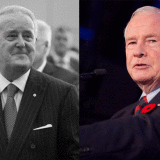
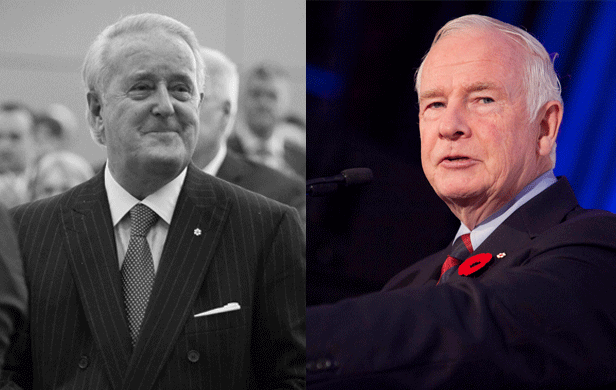
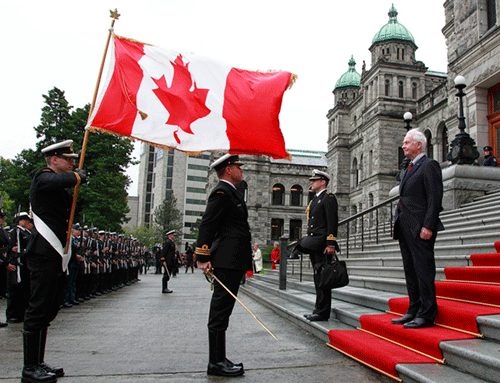
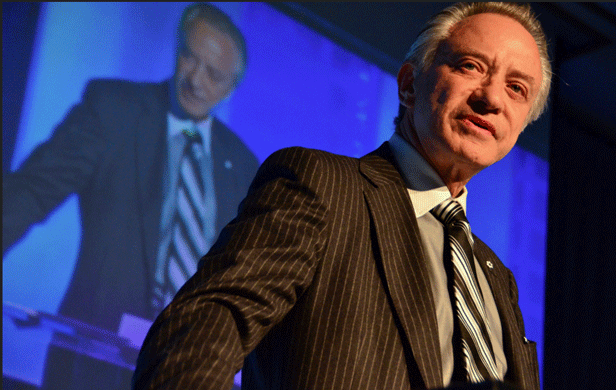
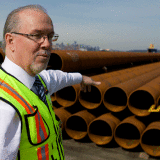
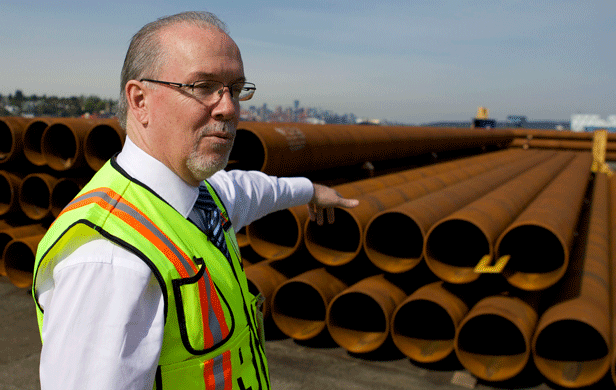
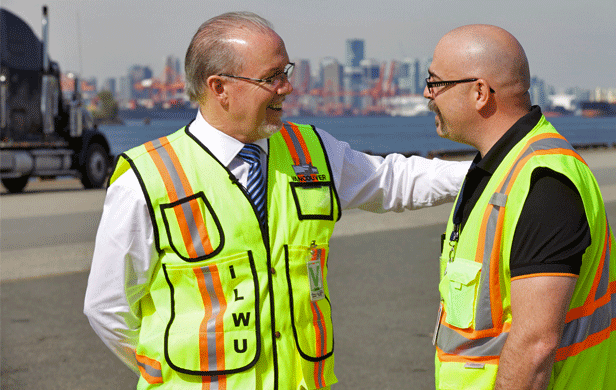
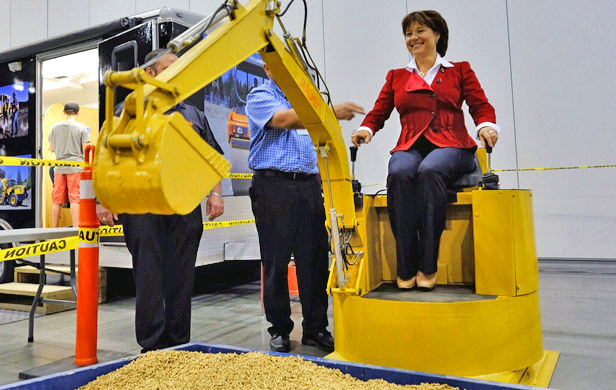
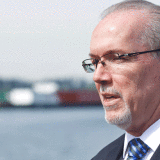
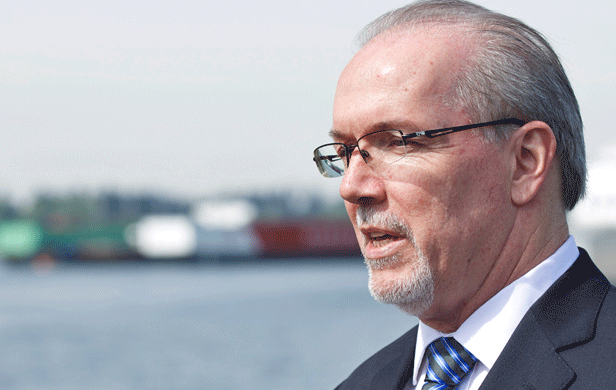
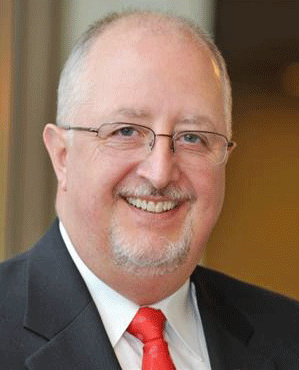

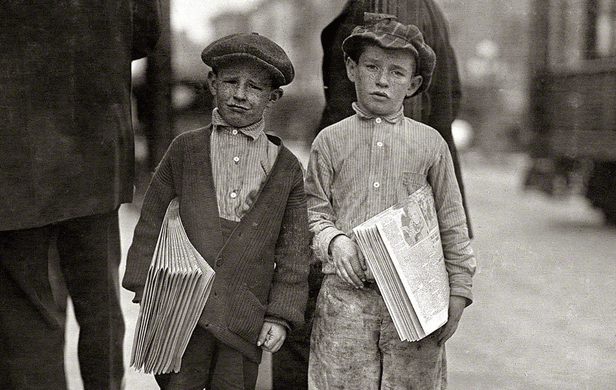
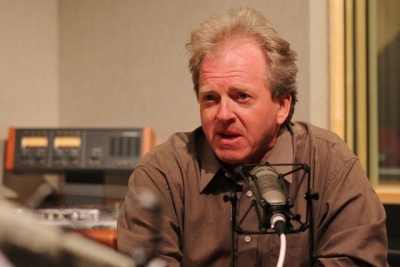
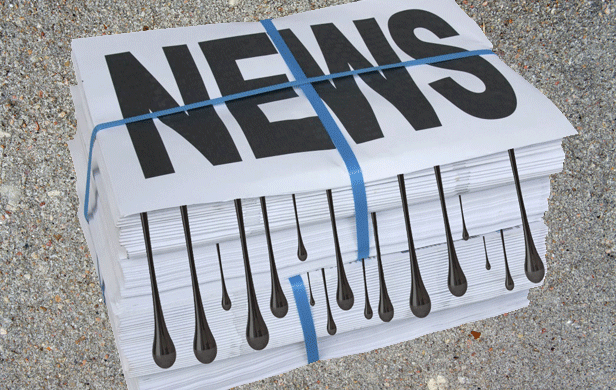 A little bit of googling and it became evident that the fossil fuel industry was getting even better than a free ride. As is now well known, Postmedia, which includes the Sun and the Province, entered what I indelicately call a mutual masturbation pact with the Canadian Association of Petroleum Producers (CAPP) while the
A little bit of googling and it became evident that the fossil fuel industry was getting even better than a free ride. As is now well known, Postmedia, which includes the Sun and the Province, entered what I indelicately call a mutual masturbation pact with the Canadian Association of Petroleum Producers (CAPP) while the 